Psychosexual Technology
How we explore the archetypal and sacred components of our sexuality through technology and science fiction.
“Assimilate me mommy!”
My wife and I had just gone to the Alamo Drafthouse to watch a screening of Star Trek: First Contact and my wife, having had a glass or two of wine, was feeling particularly disinhibited. She commented about how “Star Trek is always a bit fetishy and kinky,” and, somewhat flabbergasted, I said no it isn’t!
“The Borg Queen looks like a dominatrix!”
Combine this with the way the Borg reproduce; through forced assimilation. But it’s not just “assimilation” in the cultural context. Sure, you can read Borg assimilation as a form of colonialism, forcibly hijacking the epistemic and cultural landscape of the subjugated. You could also read it as religious, which colonialism also has an undertone of. Their religion of “perfection” demands obedience and an erasure of individuality.
Now let’s look at how they go about assimilation. Forced injection of nanites via microtubules.
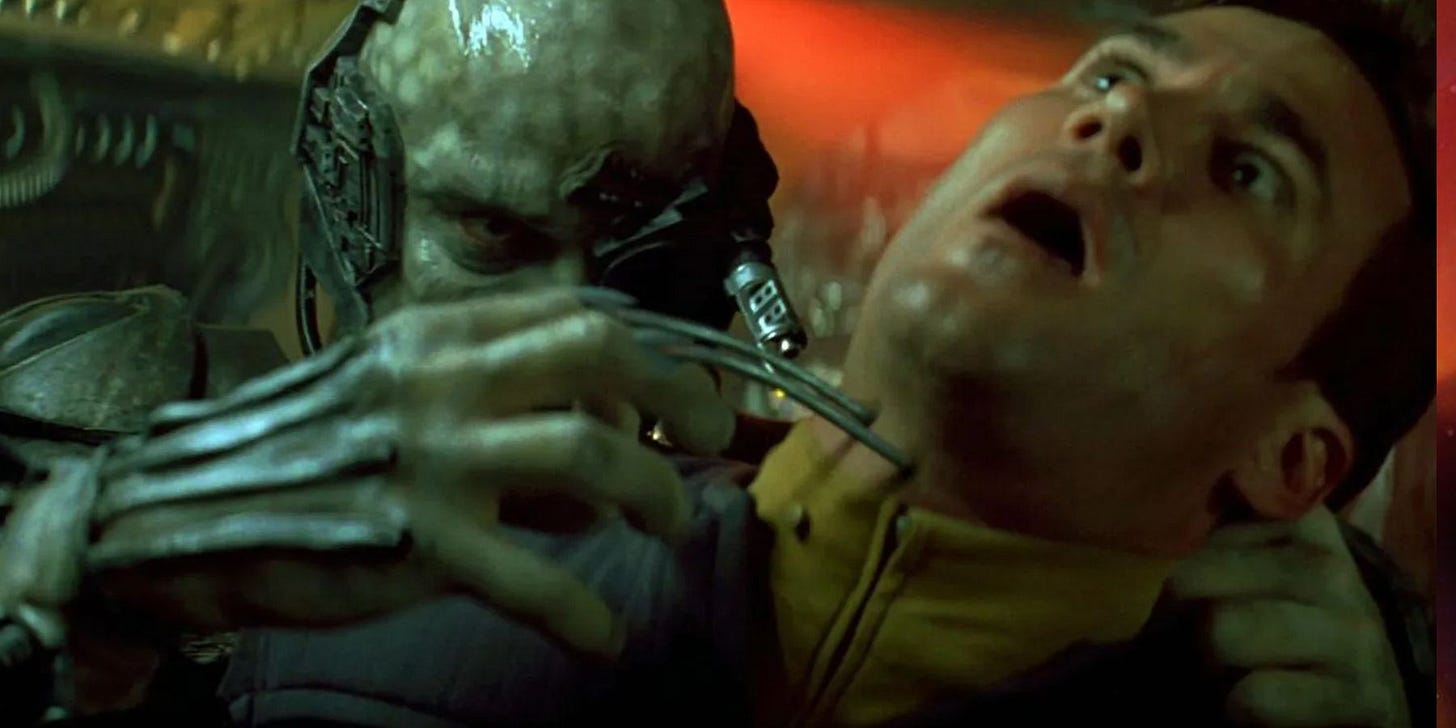
The Borg are deeply disturbing for many reasons. It’s difficult to imagine a more archetypal evil; an implacable force that doesn’t want to destroy you, not really. It wants to consume you. They don’t want power for its own sake, they want perfection. They are coordinated not by a charismatic leader, but a dominant mother figure.
Okay, yeah, my wife was right. Star Trek is deeply fetishy and kinky.
But what does this say about us? Why do we write these kinds of stories? What is buried deep in our unconscious, hidden by the shifting sands of evolution, that is trying to express here?
The Borg Queen represents a sort of archetypal “dark mother” figure, a feminine entity that is ultimately responsible for procreation and, more cynically judgment. Reproduction is obvious enough—make more babies. The more babies your kind makes, the better off you are as a species. Fertility is measured in number of successful offspring who are better suited to the environment in which you find yourself.
Ah, but therein lies the rub. Who decides if the offspring are better suited? Evolution will certainly weed out the strong from the weak. You can just leave it up to nature. In fact, many animals do. These are called “r-selected species” and include animals like frogs and fish and octopuses. They reproduce en masse, knowing that most of their offspring will get eaten or starve. This is a sort of “fire and forget” evolutionary strategy. But we humans, and the Borg, are a heavily “k-selected” species, meaning we invest a huge amount of time and resources into our offspring.
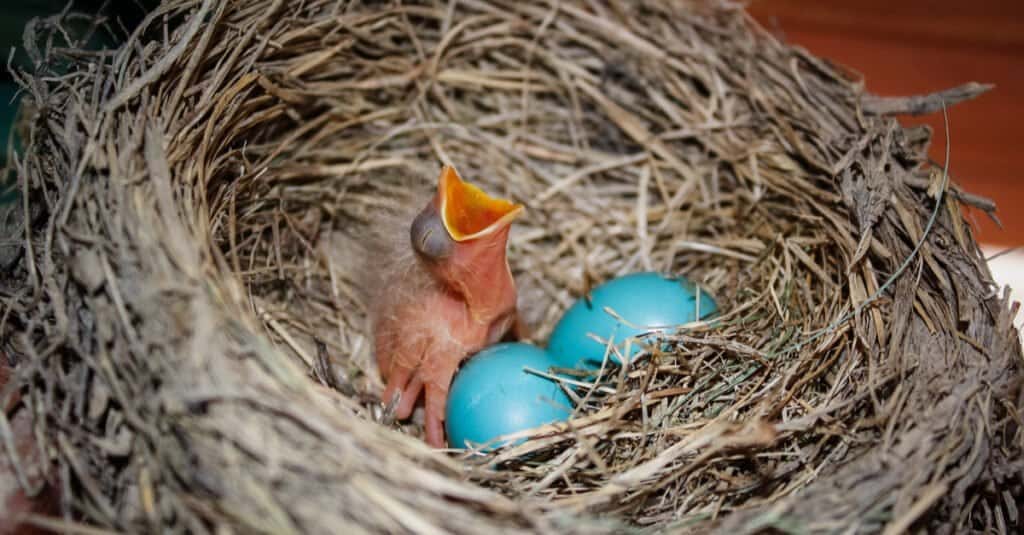
Evolution plays it’s tricks on all of us. I once had a drunken debate with the gay roommate of a woman I was dating. He said “Evolution doesn’t explain everything, I’m gay! I won’t reproduce!” I asked him if he could, in theory, inseminate a women. He eagerly bragged that he could certainly. So there was nothing wrong with his virility or capacity. If social pressure was high enough, he could still procreate. He wasn’t satisfied with that debate, and I will concede it’s not an airtight argument. At the same time, evolution doesn’t really care how babies get made, only that they get made. And with technology and surrogates, plenty of gay dudes have their own natural children today.
When a mother bird bullies a weaker chick out of the nest, or a mother lion under duress eats her cubs, this is an example of the judgment of the Dark Mother. You have been weighed and found wanting. We see this play out again and again in real life and fiction.
Let’s compare Archduchess Sophie to the Borg Queen. (That’s one helluva sentence, huh?)
The Borg Queen has her Borg empire as an extended womb of sorts. All her children do her bidding, expanding the size of their Sacred Nest, every one of them equipped with what amounts to a technological cock-and-balls in the form of their microtubules and nanites. She dispatches more Borg Queens, clones of herself, not unlike how an ant colony or beehive will dispatch queens and metastasize when the hive is doing well enough. In point of fact, they call most of the Borg “drones” which in bee parlance, is a fertile male!
In point of fact, the interior of a Borg Cube (their standard spaceship) is not unlike the interior of a beehive. Highly structured, warm, and repeating.
The psychosexual dynamics of the Borg Queen and the rest of the Collective should be pretty obvious. But how does this relate to Archduchess Sophie?
She was mother to Franz Joseph, emperor of Austria. The Austrian empire was not unlike the Borg Collective, forcibly “assimilating” provinces and inducting different people into her realm. But why did Franz need an empire? What purpose did it serve? Particularly when people, such as the northern Italians, were unwilling participants?
My hypothesis is that it comes back to the Sacred Nest archetype. Archduchess Sophie treated the Hapsburg palace like an extended womb for herself, where she controlled much of what went on, managing the affairs of state and even steering her three sons, to suit her needs. Like the terrible judgment of nesting birds, Sophie discerned which of her sons was most able to enact her desires. Franz, the oldest, was extremely disciplined and intelligent. He went on to rule for 68 years, sometimes waking up at 3AM to start on paperwork and the affairs of state. He was dutiful to the last.
Franz’s younger brother, Max, however, was a bit of a lost cause. Sibling rivalry kept them apart, but it was a very Freudian desire for maternal approval that really drove the wedge between them. The two brothers could have been closer, but Max was a loose canon and Sophie resented him for it. He was “evicted” from the nest like a weak chick and sent away to live in Italy and other places. In an effort to “prove mother wrong” Max eventually took up a position as emperor of Mexico, and was executed for his troubles. His Mother Wound was so deep and compelling that it ultimately cost him his life.

Even more horrific was how Sophie treated her youngest, Lutzi (Archduke Ludwig Viktor of Austria). Historically, not much is known about him, only that he caused outbursts and was some type of “deviant.” He might have been gay, or just cross-dressed. Either way, like a discerning mother bird, Sophie decided that her youngest son was not only wholly inadequate but actively dangerous. He was banished on orders of his brother after the final straw, an incident in a bathhouse where Lutzi made unwanted advances against a man, which resulted in a physical altercation.
For that, he was exiled to Salzburg. There, he lived in Klessheim Palace in seclusion for the rest of his life.
Seems Freud was right.
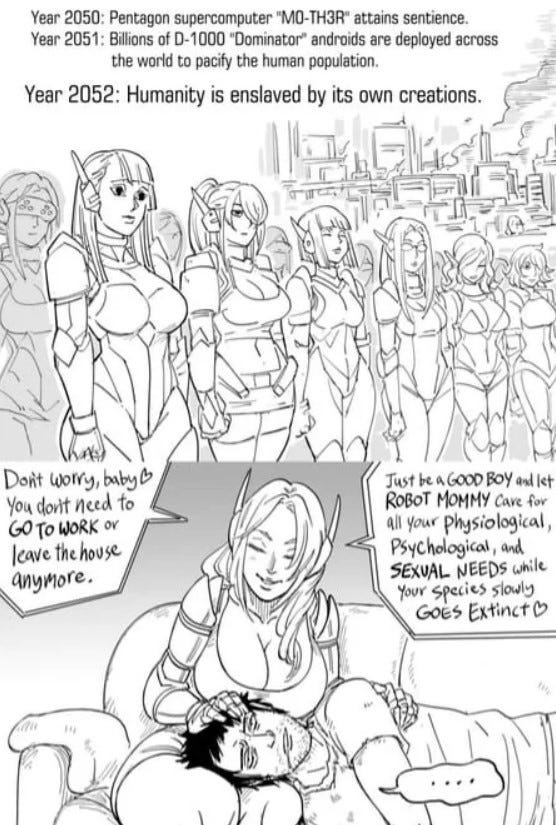
In some respects, the idea of an “AI/robot girlfriend” is pretty straight forward—a synthetic body that is perfect in every way with a mind that has a maternal dedication to your wellbeing and gratification, plus infinite patience. After all, isn’t that what mother represents to an infant? Not just warmth and nourishment, but a goddess-like presence that means safety, kindness, and love. The “optimal” mother is one who has no needs of her own.
Part of growing up and differentiating is the painful necessity of learning to stand on your own, to separate from mother. For many people, this is a natural, gradual process that usually culminates in adolescence, when teens and parents naturally start to butt heads. This, to me, is another evolutionary trick to force children to get away from mother. They believe they want to stand on their own, but it’s just another deception by evolution to push children out of the nest. Many people do “fail to launch” and many mothers don’t want their children to leave, so it gets confusing.
But why does technology exist in the first place? This is a bit of a left turn. Freudian psychology is nothing new, but what is the deal with robot girlfriends and AI mommies?

We can gain some insight from the Madonna/Whore complex. This phenomenon occurs when (usually) men have a complicated relationship with women. They are either perfect angels (maternal) or literal human trash who cannot be trusted (whores). This, to me, represents a man who has not fully differentiated or separated from the mother. He’s still angry at the failings of his mother (or being rejected by mother) and is trying to come to terms with the fact that he’s still attracted to women.
In HALO, you roleplay an archetypal Warrior spirit, a perfect man whose sole mission is the defense of humanity and Earth, the Sacred Nest of all mankind. You have an archetypal feminine entity riding shotgun in your head, urging you along to preserve the empire, not unlike Archduchess Sophie whispering in Franz’s ear.
Technology exists because we humans have an impulse to “reduce surprised” (free energy principle) or, in my estimation, build a larger, safer, more predictable Sacred Nest. Many species engage in nesting instincts. For humans, we simply learned that STEM is a way to extend the Sacred Nest, which itself an extension of the womb. My most controversial hypothesis is this: STEM is male-dominated because it is part of the Animus to build and guard the nest. Moreover, learning to understand and control the world has been delegated to the Sacred Masculine by the Sacred Feminine. In other words, mothers couldn’t do it all themselves, so they created a sacrificial appendage, the masculine, to help out.
Another way to think about this:
Evolution created a sort of natural GAN (generative adversarial network) in the form of male and female. The sexual tension between the two is the testing ground, a generative pairing of archetypal energies. On the one hand you have the womb, or the Sacred Nest, which is fertility itself. Think of it as a garden or fertile soil. It is the arena in which growth, generation, and innovation can occur. Then you have the masculine energy, the seed, the implement. These two forces must play together, coming together and competing with each other (and within themselves as well) to drive evolution forward. The nexus is procreation, evolution is the meta-signal.
Here’s another analogy: think about the relationship between labor, government, business, and the market. The market is an entity unto itself, which closely mirrors the process of evolution. In Austrian schools of thought, the market (i.e. the natural environment) will select which companies live and die based on their fitness. Workers are like resources that can be traded between companies, and the government serves to condition the fertility of the marketplace to ensure it remains competitive. In this metaphor, businesses are masculine energy, trying to control and reshape the market to suit their Sacred Nest better. But the market itself is the womb of innovation and economic productivity. To put it plainly, masculine energy “invented” states, governments, and businesses as an extension of nest-building imperatives, but it’s all just another trick that evolution played on us. It’s all driven by psychosexual energy, or libido, as a “loss function” to drive reproduction. Consider the fact that this same energy is about to propel us to the stars, expanding the human empire, expanding the Sacred Nest, and making more of the universe and extension of our womb.
We’ll keep depicting beautiful, willing, holographic and robotic girlfriends for the foreseeable future. Consider the recent trend on X (Twitter) where OnlyFans porn star Lily Phillips did a “101 man gang bang” in one day. The internet lost its composure a little bit, and she went on making money. But why? What about these kinds of shows is so titillating? To me, it’s little more than a fertility ritual of sorts. That is somewhat reductive, but consider the “money shot”—we want to witness fertility happening. We want to see it go in and we want evidence of consummation of the act. The internet, and the vast amounts of porn it conveys, is merely a reflection of this libidinous undercurrent. Furthermore, this is why some, such as Xi Jinping and Project 2025, want to ban porn. Their hypothesis is that banning porn will force men (the ‘implement’ of innovation) to direct their sexual energy towards “better” ends such as getting jobs, serving the market, and it’s all driven by sexual frustration.
History shows that pent up sexual frustration rarely results in innovation. Usually it results in violence. But time will tell.




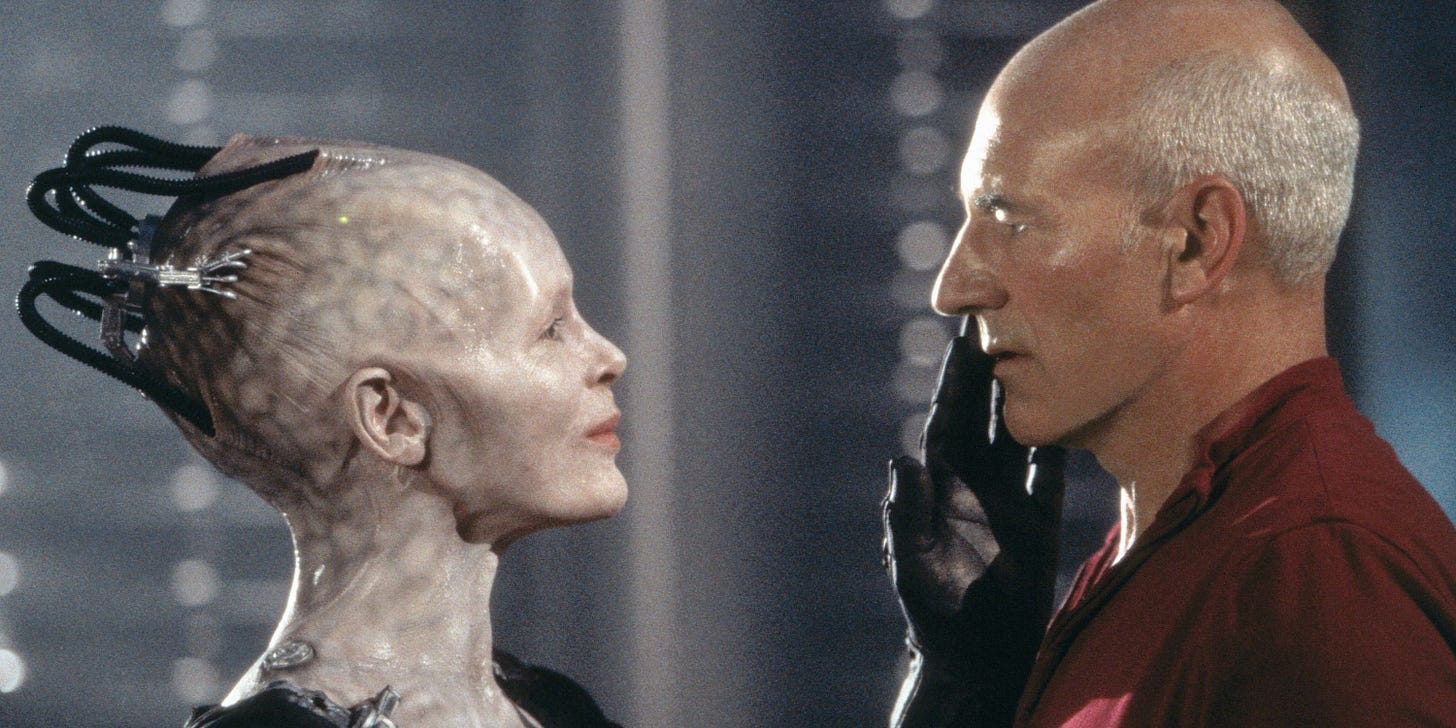

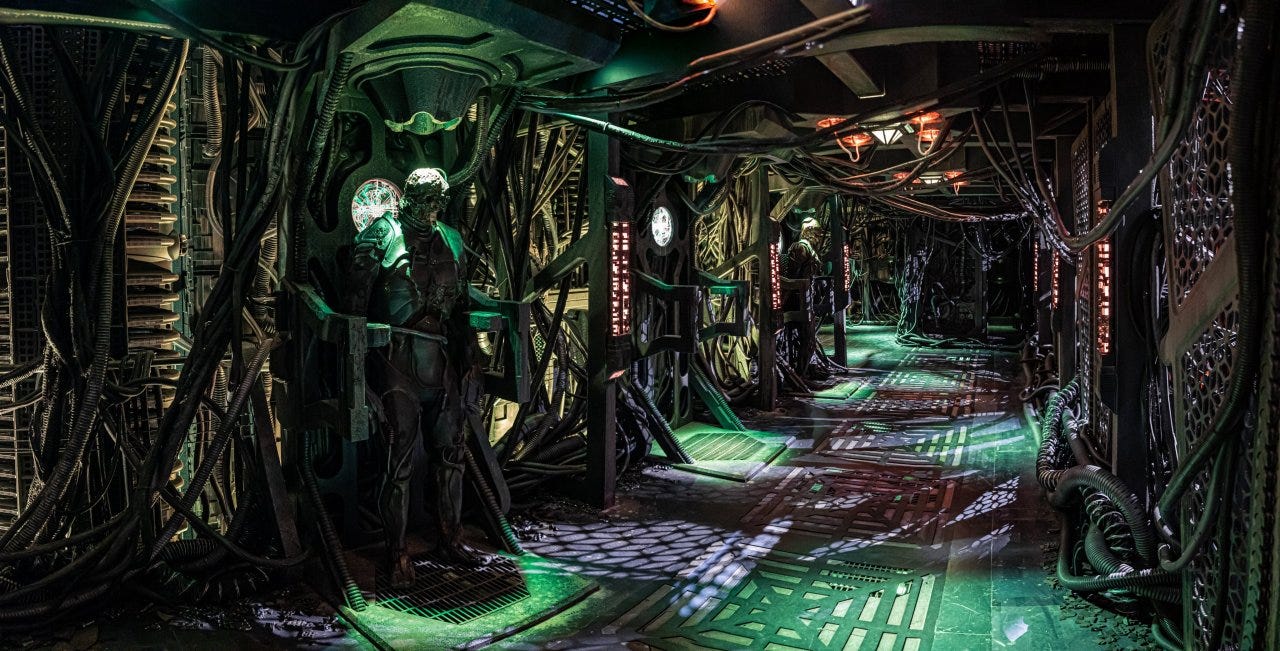

It's all a function to maximize the attractor state but this is what Cluade and I came up with. " the very short version "
The persistence of same-sex attraction across human populations isn't an evolutionary paradox - it's a feature that shows how evolution works beyond simple reproductive math. Studies show that genes linked to same-sex attraction might actually increase fertility in other family members. Plus, there's solid evidence for the "Helper in the Nest" effect, where non-reproducing individuals boost their family's success by helping raise nieces and nephews (sharing ~25% of their genes).
This fits perfectly with how humans actually succeeded - through complex social networks, not just raw reproduction. Throughout history, non-reproducing individuals have been vital as teachers, healers, and cultural specialists. We see similar patterns in other social species where non-reproducing members strengthen the group.
Far from being an evolutionary "mistake," diversity in sexual orientation appears to be part of humanity's adaptive toolkit. Just as genetic diversity in immune systems helps populations survive different threats, diversity in human traits likely contributes to social resilience. Evolution works on multiple levels - genes, individuals, families, and groups - not just maximizing individual reproduction.
Yep. True.